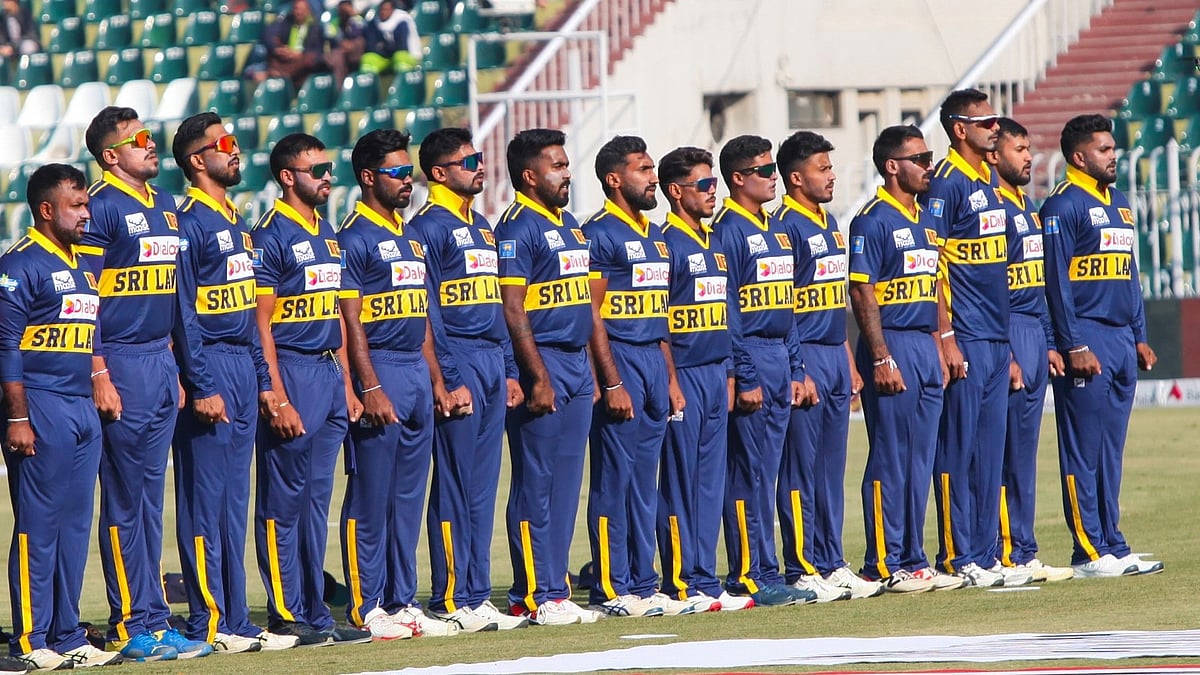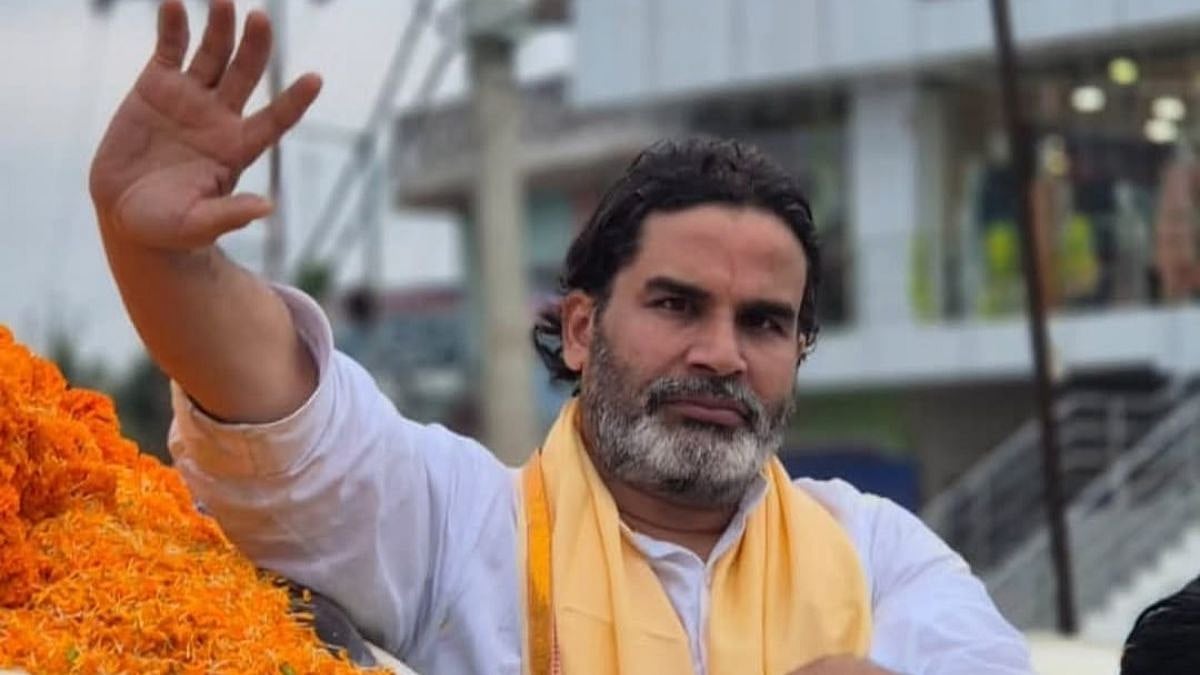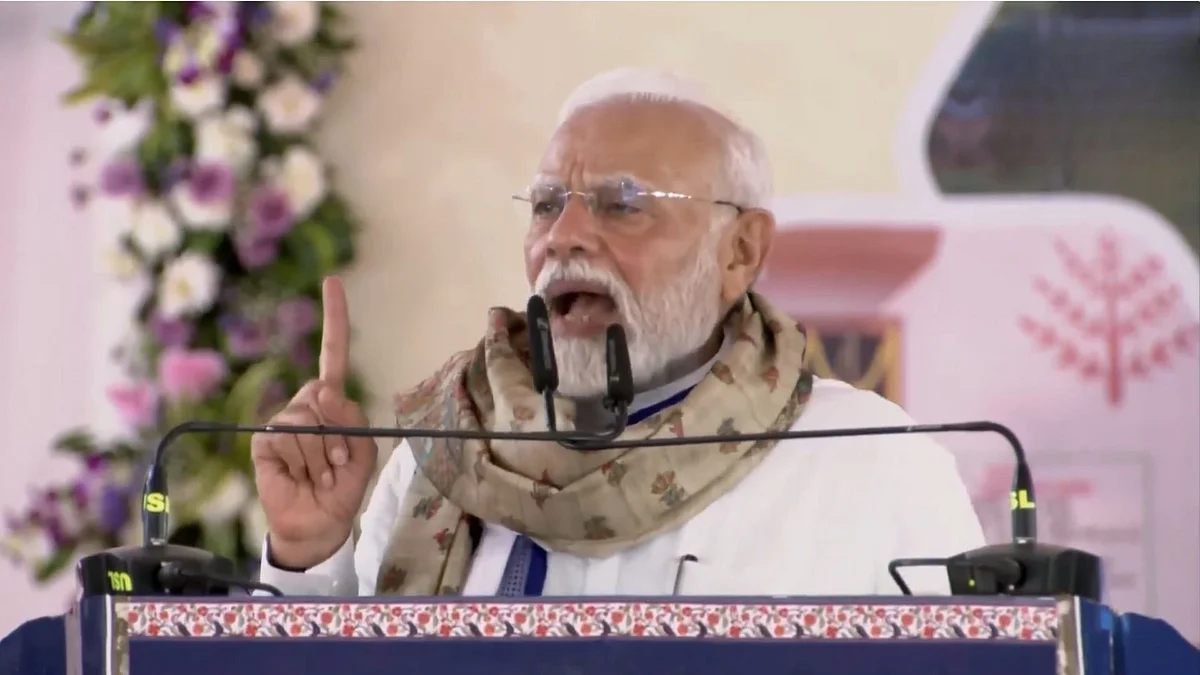Last week 75-year-old British Indian author Salman Rushdie was stabbed by a 24-year-old fanatic more than 10 times. Since 1988, when The Satanic Verses was published, Rushdie has been living under the shadow of an edict calling for his death. The Satanic Verses caused a stir in the Muslim world when it was published . Many believed Rushdie – a self-proclaimed atheist – had committed blasphemy against the prophet Muhammad. As calls for action grew stronger, Iran's then supreme leader, Ayatollah Ruhollah Khomeini, put a bounty on his head. And Rushdie’s life changed for ever.
In the years that passed since the ayatollah passed his death sentence, much has changedi n the world. Khomeini himself is dead and his successors have not been overly enthusiastic in pursuing a cause celebre. The clamour for Rushdie’s head subsided. But he remained a lightning rod not just for fundamentalists, but also others (not just Muslims) who were offended by his stand on absolute freedom of speech. Rushdie also faced accusations of Islamophobia as he began attacking the faith followed by millions, based on the actions of the few who would commit violence in the name of Islam. But his response to it, and that he deliberately insulted Islam with The Satanic Verses, was in typical Rushdie style: “The book took more than four years to write. Afterward, when people tried to reduce it to an ‘insult’ he replied that he could “insult people a lot faster than that” (from Joseph Anton, his book on his life in the aftermath of the death sentence).
Hadi Matar, the man who stabbed Rushdie, was not someone brought up in Iran, or Afghanistan, or even Pakistan — countries accused of fostering terror from the womb to the grave. He was born and brought up in the West, with liberal values and freedom of choice. Born and brought up in the United States, of Lebanese descent, Hadi Matar somehow radicalised himself and attempted to carry out a sentence passed when he was not even born. While Western nations shudder in the aftermath of this violence, there was jubilation on the streets of nations like Iran. Al Jazeera has one of the most ironic quotes, from a delivery person, “I don’t know Salman Rushdie but I am happy to hear that he was attacked since he insulted Islam.”
In the last 40-odd years, the tendency of governments to bow down to religious ‘puritans’ has been excessive. And you see this especially in Western countries, and their encouragement of far-right Islam, as well as far-right ideologies from other faiths, in the name of diversity and inclusiveness. As nations normalised fundamentalism, fundamentalists became spokespersons for the community at large. The perceived hurts, insecurities, and version of the faith as interpreted by fundamentalists became the de facto face of the faith.
And herein lies a question that perplexes most liberal democracies. How far do you allow people’s faith, and injunctions around the faith, to determine what large portions of the population — who may or may not be invested in the faith or the injunctions — are allowed to do? Are entire swathes of history, theology, sociology and evolution of societies going to be out of bounds, because some mullah sitting in the caves of Afghanistan is going to issue a death sentence? And will discussing the repercussions of this get labelled Islamophobia?
The Islamic injunction against depicting the prophet is applicable to those who follow the faith. Why should it apply to others? Yet it is unfair to target Islamists alone. In recent years, fundamentalists of other groups have begun imposing their views on those who may not believe in those views. For example, should the fundamentalist Christian obsession with the womb and its control — leading to bans on abortion — apply to those who aren’t Christian? Or who don’t believe abortion is a sin? Or take the belief of some Hindus about the cow being sacred. Should it apply to others who do not hold that belief? Are the religious rights of highly motivated groups of people greater than the rights of individuals to exercise simple freedoms without threat to their life or limb?
In Shalimar the Clown, Rushdie makes a plea for freedom, which should be the mantra for each of us who believe in it. “Freedom is not a tea party… Freedom is a war.” He explained this in a speech in Delhi: “You keep the freedoms that you fight for; you lose the freedoms that you neglect. Freedom is something that somebody's always trying to take away from you. And if you don't defend it, you will lose it.” That starts with defending freedom of choice and speech. We cannot call ourselves free if we live in fear of offending the easily offended. On the 75th anniversary of India's Independence, we need to renew the fight for our freedoms, from those who would curtail them. There is no greater tribute we can give to those who laid down their liberty, and lives, to ensure we had the freedom to be.
The writer works at the intersection of digital content, technology, and audiences. She is a writer, columnist, visiting faculty, and filmmaker. She tweets at @calamur


.jpg)






